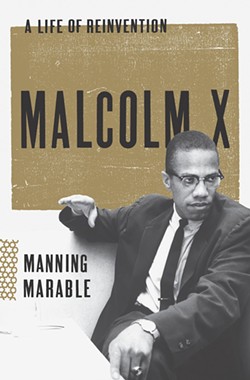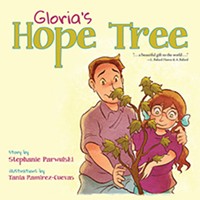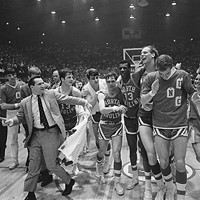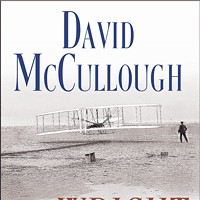I don't know of anyone who limits his or her reading of books by African-Americans to one specific month, but I still wanted to write about some remarkable nonfiction books, and one fictional kids' book, all tailor-made for Black History Month. So here we go.
Princess Noire: The Tumultuous Reign of Nina Simone by Nadine Cohodas (UNC Press, 464 pages, $22 paperback). Just re-issued by UNC Press, this 2010 bio of the fiery N.C.-born singer, pianist and songwriter is a feisty portrait of an enormously talented, independent, and increasingly eccentric artist who approached life, and the music business, on her own terms. Nina Simone performed in a broad, idiosyncratic variety of styles, but is generally considered a jazz singer (a label she rejected). Her peak of fame and influence came during the 1960s and early '70s, as the outspoken singer became linked in the public mind with the civil rights movement and the rest of the era's seismic cultural changes. Cohodas dwells a bit too long on Simone's bouts of anger and confrontations with audiences, but this is still the best Simone biography, with the singer's complexity and brilliance coming alive enough to compensate for any author deficiencies.
Blood and Bone: Truth and Reconciliation in a Southern Town by Jack Shuler (Univ. of South Carolina Press, 248 pages, $29.95). On a protest-filled night in February 1968, two years before the Kent State shootings, three male students were shot from behind, and killed, by highway patrolmen in front of South Carolina State College, an historically black school in Orangeburg, S.C. The troopers, who also wounded 28 others, were later cleared of any wrongdoing. Author Jack Shuler is from Orangeburg, and his book — equal parts memoir and history — looks at how the Orangeburg Massacre changed, and didn't change, his Low Country hometown since that fateful night.
Malcolm X: A Life of Reinvention by Manning Marable (Penguin, 608 pages, $18 paperback). This is the first serious bio of Malcolm X since his own, renowned autobiography. The book expands into the "big picture" of black urban life in the 1940s and '50s, the Muslims in the U.S., and Malcolm's intense self-reinventions, from criminal to Black Muslim leader and then to the still-searching adherent of traditional (i.e., real) Islam who was assassinated in 1964. Marable created a rarity: a page-turner bio, which landed on many Best of 2011 lists.
The Promised Land: The Great Black Migration and How It Changed America by Nicholas Lemann (Vintage, 416 pages, $16.95 paperback). Isabel Wilkerson's overly chatty The Warmth of Other Suns recharged reader interest in The Great Migration, but an even better book about that pivotal time is Lemann's 1991 The Promised Land. Moving among Mississippi, Chicago and Washington, D.C., Lemann focuses on the post-1940 South-to-North exodus of African-Americans that moved five million blacks north and then essentially ensnared most of them and their descendants in poverty.
The Watsons Go to Birmingham — 1963 by Christopher Paul Curtis (Laurel Leaf, 224 pages, $6.99 paperback). This children's book (ages 10 and up) has become a classic since it was first published in 1997. In the summer of 1963, an African-American family in Michigan travels to see kin in Birmingham, Ala., where they head straight into one of the most chilling moments in America's history: the bombing of the Sixteenth Avenue Baptist Church with four little girls inside. Curtis' hilarious and moving novel won both the Newberry and Coretta Scott King prizes. Even better? The heavy historical issues don't take away from the great jokes, conversations and pranks of one hilarious family. This is perfect for introducing kids to black history.
Speaking of...
Latest in Books
More by John Grooms
Calendar
-

NEW WINDOW GALLERY-Pat Rhea-ACRYLIC PAINTINGS-April 05-30 2024 VALDESE, NC 28690 @ New Window Gallery/Play It Again Records
- Through April 30, 12 p.m.
-
Derek Hough - Symphony Of Dance @ Ovens Auditorium
-

"Blood Residue Analysis of Paleoamerican Stone Tools in the Carolinas" @ Native American Studies Center
- Fri., April 26, 12-1 p.m.
-

ARTS RENAISSANCE, a GALA supporting the ARTS in South Carolina @ the Columbia Museum of ART
-
 The Piano Guys @ Ovens Auditorium
The Piano Guys @ Ovens Auditorium
-
Charlotte ink 7
Behind the pain with a trio of the Queen City's finest tattoo artists
-
Shaking it up in The Next Room, or The Vibrator Play 1
-
New Documentary Will Showcase Untold Story of Melungeon People 9
From infamy to diversity

















